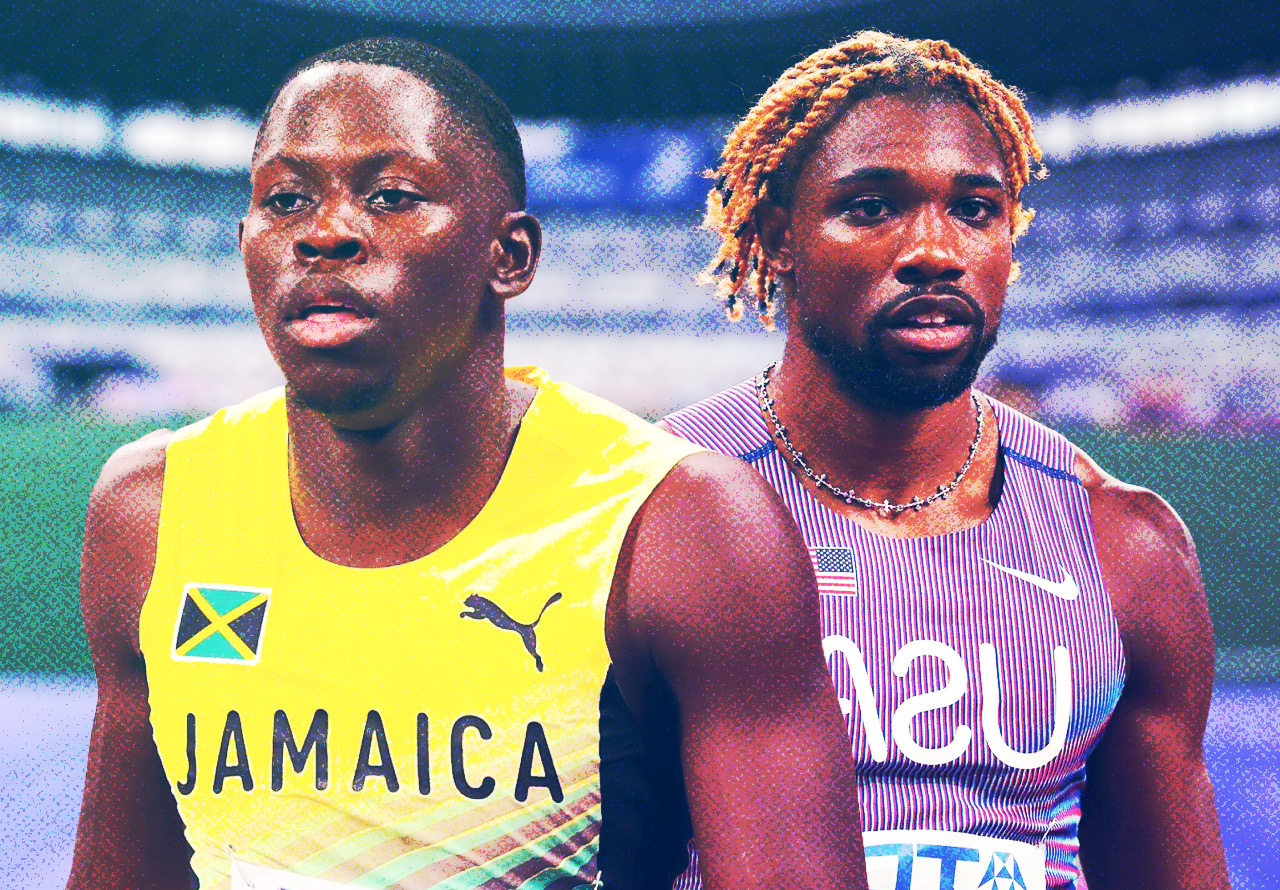Subscribe
×


The World Athletics Championships in Tokyo had everything: historic doubles, emotional goodbyes, surprise champions, and world records that redefined what’s possible. Across nine days, the U.S. delivered a record 16 gold medals, 53 nations climbed the podium, and the sport proved once again why it thrives on both dominance and disruption.
This was more than another stop on the calendar. Tokyo 2025 felt like a turning point where the legends delivered, the new names broke through, and the global reach of track and field widened like never before.
Melissa Jefferson-Wooden: Sprinting Into History
Melissa Jefferson-Wooden, a rising U.S. sprint star, stamped herself into the record books. Her 10.61 in the 100 meters was a personal best, a championship record, and confirmation that she’s the fourth fastest woman in history. She followed it with a 200-meter win, making her the first American woman ever to sweep the 100 and 200 at a World Championships, then anchored the U.S. 4×100 relay to gold.
In a field packed with Olympic champions such as Julien Alfred, (current 100m champion), Sha’Carri Richardson (U.S. sprint standout), and Jamaican icons Shericka Jackson and Shelly-Ann Fraser-Pryce (one of the most decorated sprinters), Jefferson-Wooden rose above them all. With three golds in Tokyo, she may have taken the baton as the face of U.S. women’s sprinting.
Oblique Seville Takes the Crown
For years, Oblique Seville, a Jamaican sprint finalist, was “almost there.” Always a finalist, always a contender, never the champion. That changed in Tokyo. Running a personal-best 9.77, the 24-year-old Jamaican stormed past Kishane Thompson (fellow Jamaican) and Noah Lyles (top U.S. sprinter) to become the new “world’s fastest man.”
In Jamaica’s sprint lineage, only Usain Bolt and Yohan Blake had ever won the men’s 100 at Worlds. Now Seville joins that exclusive club, and his breakthrough suggests the men’s sprints have officially entered a new era.
Mondo Duplantis Keeps Raising the Bar
There’s dominance, and then there’s Mondo Duplantis. Already the pole vault’s GOAT at just 25, he cleared 6.30m to set his 14th world record. The crowd at the Japan National Stadium knew they were watching history as Duplantis, on his final attempt, pulled off a clearance no one else has even approached.
At this point, Duplantis competes in two events simultaneously: against the field and against the world record. Tokyo was just another reminder that he rarely loses either.
Sydney McLaughlin-Levrone Masters the 400
When McLaughlin-Levrone stepped away from the 400m hurdles to focus on the flat 400, the move raised questions. A year later, she answered them all. Her 47.78 was the fastest women’s 400 in four decades, second only to Marita Koch’s controversial 1985 world record.
By adding flat gold to her hurdles dominance, McLaughlin-Levrone has shifted her own legacy. She’s no longer just the best hurdler ever; she’s in the conversation for one of the greatest 400m runners, period.
Noah Lyles Matches Bolt
Noah Lyles loves history, and in Tokyo, he made some of his own. Winning his fourth straight 200m world title, he tied Usain Bolt for the longest streak ever at the distance. He doubled up with gold in the men’s 4×100, once again confirming that his consistency is no accident.
And yet, even in triumph, Lyles faces the shadow of the Olympics, where he’s still chasing his first individual gold. That makes Tokyo a reminder and a challenge: he’s great enough to own this event, but the biggest stage still awaits.
More Gold, More Surprises
The End of an Era: Shelly-Ann Fraser-Pryce
One of the loudest ovations of the week came not for a win, but for a farewell. Shelly-Ann Fraser-Pryce, at 38, capped her legendary career with silver in the women’s 4×100. It was her 17th world medal to go with eight Olympic medals. From her dominance in the 100m to her longevity, she leaves as one of the most respected figures the sport has ever seen.
Ready, Set, Go! Went Global in Tokyo
For nine days in Tokyo, Ready Set Go wasn’t watching from the sidelines; it was in the middle of the action. Justin Gatlin and Rodney Green went live almost every night, unpacking the drama of each final as it happened and bringing in guests who knew the sport better than anyone.
When Tyson Gay joined the show after the men’s 100m, the conversation turned electric. Noah Lyles had joked that Oblique Seville was “shaking in the back” during heats — only for Seville to shock the world and win the final. Gay called Seville “a sleeper” who caught everyone off guard, while Justin was simply proud of him.
Olympic gold medalist Dawn Harper-Nelson sat in for the hurdles and 400m debates, where she watched Grant Holloway attempt to defend his title and Masai Russell fall short. She was also there when Sydney McLaughlin-Levrone silenced doubters with a 400m gold and new record, leading Rodney to put his hands up: “Sydney, I’m sorry I doubted you. That’s on me.”
And when it was time to break down the 400m finals, LaShawn Merritt, who owned that distance in his career, captured Botswana’s Collen Kebinatshipi’s run in one word: “Smooth.”
Fans responded in force. Across the week, RSG averaged 38,000 live viewers per show, peaking at 111,000 for Tyson Gay’s appearance, with more than 780,000 impressions overall.
It was proof of something simple yet powerful: Ready, Set, Go has become the place where the global track and field community gathers to watch, argue, and celebrate in real time.
Want more of the debates, hot takes, and guest insights that made Tokyo unforgettable? Catch every Ready Set Go livestream and highlight on YouTube.